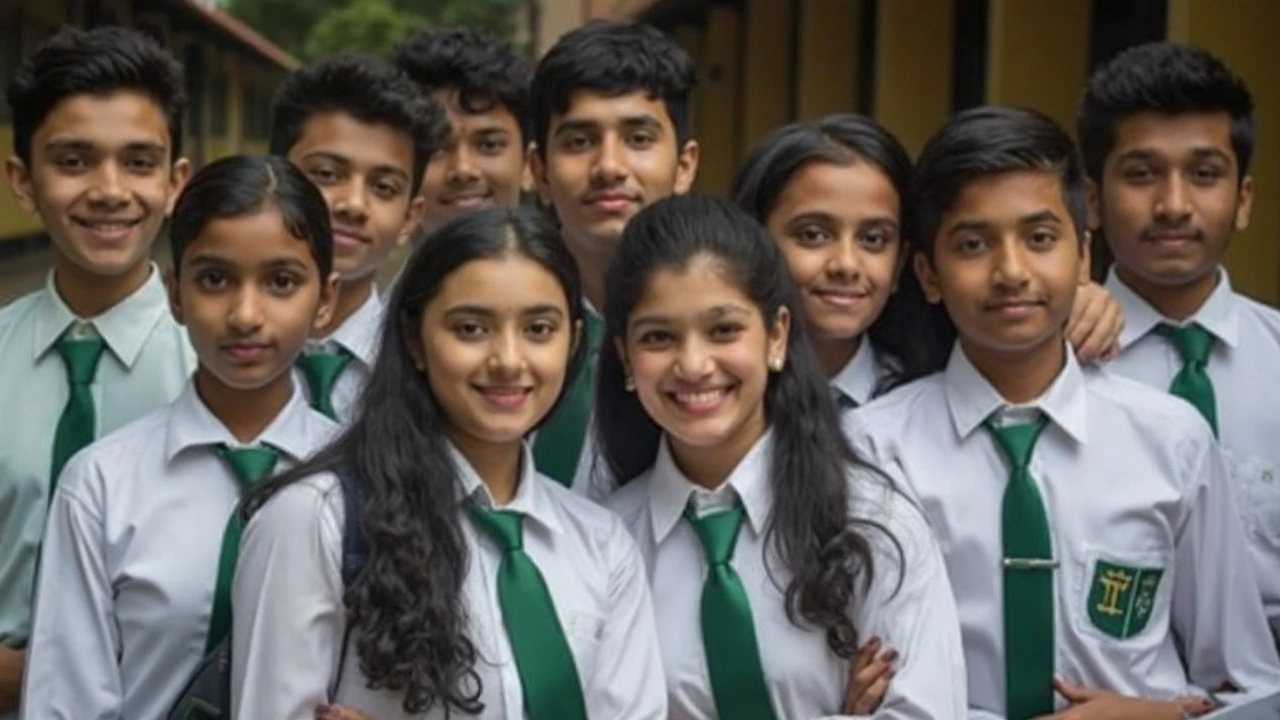CBSE Class 10: Everything You Need to Know
Are you gearing up for your CBSE Class 10 board exams? You’re not alone. Millions of students across India face the same mix of excitement and nerves every year. The good news? With the right plan, you can turn this challenge into a smooth ride.
First off, understand what the board expects. CBSE focuses on clear concepts, regular practice, and the ability to apply knowledge to real‑life situations. That means memorising facts isn’t enough – you need to think, solve, and explain.
Key Subjects and Syllabus Overview
CBSE Class 10 covers five major subjects: Mathematics, Science, Social Science, English, and a second language (often Hindi or a regional language). Each subject has a well‑defined syllabus:
- Mathematics: Number systems, algebra, geometry, statistics, and probability. Pay special attention to chapter-wise weightage – for example, ‘Real Numbers’ and ‘Algebra’ together make up about 35% of the paper.
- Science: Physics (motion, electricity), Chemistry (periodic table, acids‑bases), and Biology (life processes, health). Experiments and practicals count for 20 marks; revise the lab manual regularly.
- Social Science: History, Geography, Civics, and Economics. Remember timelines for history and map skills for geography – they’re frequent in short answer questions.
- English: Two papers – Language and Literature. Focus on comprehension, grammar, and the prescribed reading passages.
- Second Language: Similar structure to English but with a smaller marking scheme.
Download the official syllabus PDF from the CBSE website and tick off each sub‑topic as you finish it. A visual checklist keeps you honest and motivated.
Effective Study Strategies for CBSE Class 10
Now that you know what to study, here’s how to study smarter:
- Make a realistic timetable. Allocate 45‑50 minutes per subject, then take a 10‑minute break. Consistency beats cramming.
- Use active recall. After reading a chapter, close the book and write down everything you remember. This reinforces memory far better than passive rereading.
- Practice past papers. CBSE releases sample papers each year. Solve them under timed conditions; you’ll get a feel for question style and marking patterns.
- Teach someone else. Explain a concept to a friend or family member. If you can teach it, you truly understand it.
- Mix short and long study sessions. For math and science, solve problems daily. For history or geography, read a chapter, then summarise it in bullet points.
- Keep a doubt‑clearing box. Jot down every question that bugs you and resolve it within 24 hours – either by consulting a teacher, a peer, or an online video.
Don’t forget to review your notes weekly. A quick 15‑minute recap prevents forgetting and builds confidence before the exam week.
Beyond textbooks, there are free resources that can boost your prep: NCERT solutions on the CBSE portal, YouTube channels like ‘Study IQ’ for concept videos, and apps such as BYJU’S or Khan Academy for interactive practice.
On the day of the exam, stay calm. Read each question carefully, allocate time based on marks, and leave a few minutes at the end for checking your answers.
Remember, CBSE Class 10 is a stepping stone, not a wall. With a clear plan, steady effort, and the right resources, you’ll walk into the exam hall confident and ready to ace it.
CBSE Board Result 2025: Will Operation Sindoor Delay Scores? What Students Should Know
CBSE Class 10 and 12 students are anxiously waiting for their 2025 board results, with the usual result window expected between May 11 and May 15. Speculation swirls around delays related to Operation Sindoor amid India-Pakistan tensions, but the CBSE hasn't confirmed any postponements. Students can check results online and through DigiLocker.
